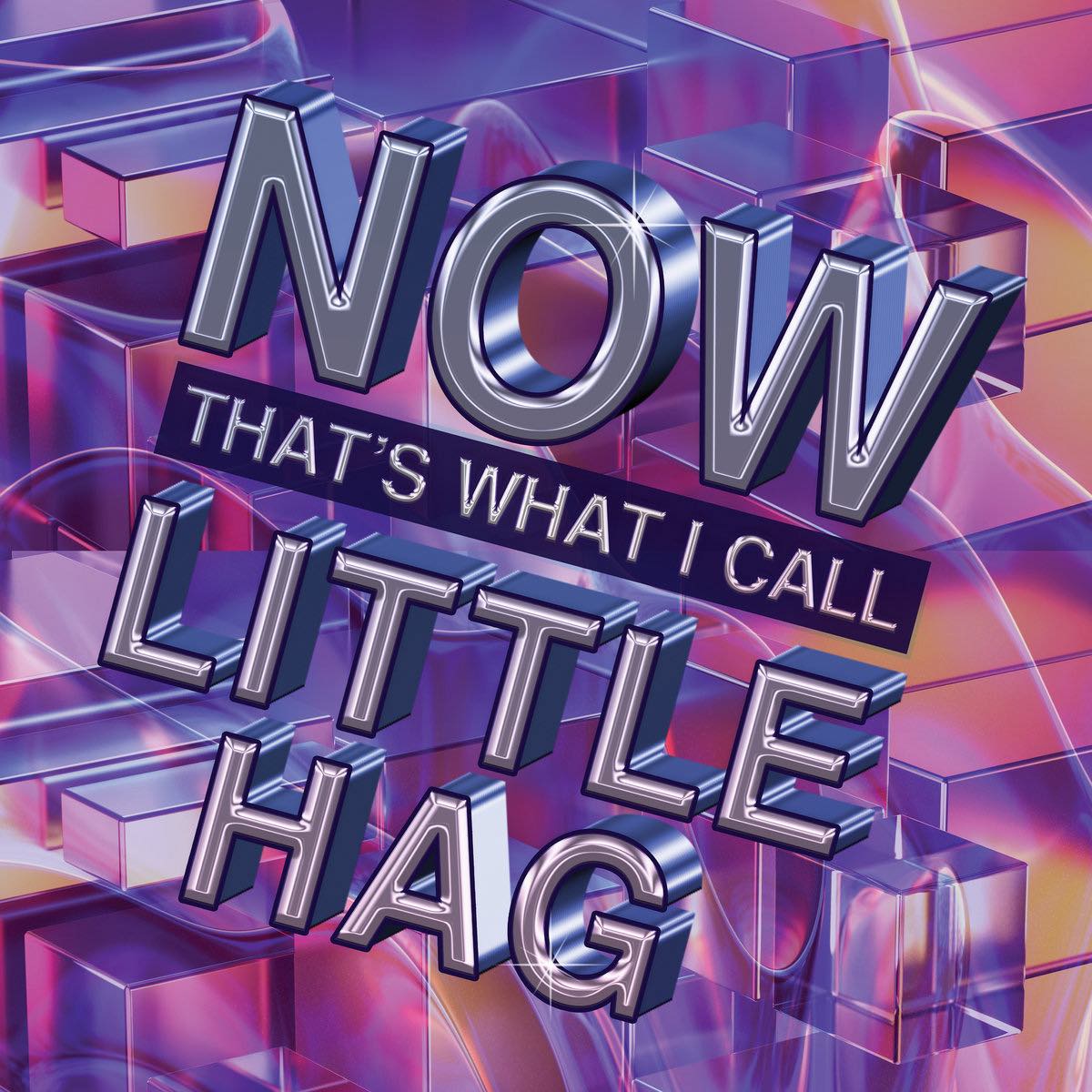Little Hag
Now That’s What I Call Little Hag
BAR/NONE
Long after the heyday of the music industry, there are still a few benefits to the supposedly illustrious but in reality actually quite badly compensated job of writing about music—namely free gigs and access to exciting albums long before they’re released. Prior to the shift to digital music sharing, though, you’d get sent exclusive promotional items, a concept that’s mostly become a relic of the past. Which makes the marketing for Little Hag’s third full-length so, well, seductive. Leading up to its release I received a package containing a promo CD of Now That’s What I Call Little Hag, a couple of provocative “for a good time call X number” flyers, and a mini vibrator—surely the first time in the history of the music industry that members of the press have been sent such a product.
The unexpected item is a reference to the first song on this record, “The Machine,” a playful electro-pop ode to singer Avery Mandeville’s own sex toy. This isn’t a crass, Peaches-esque track designed solely to shock, however—there’s nuance and humor and heart here. Written after breaking up with her boyfriend, in the song Mandeville explores the notion that being (or going) solo is better than being in a relationship. That shifts at the end, though—the song was finished after she met her girlfriend, whereby the role of the titular machine shifted to become an addition to that new relationship rather than, uh, something used to fill a hole. It’s clever and witty and real, as all these songs are.
Elsewhere, “The Suburbs” is a summery blast of longing, “1000 Birds” channels self-deprecation into a whimsical jolt, and “You Blew It!” is the best song Olivia Rodrigo never wrote. Elsewhere, the experimental pop playfulness of “Hell Yes” displays Mandeville’s gorgeous vocals and the ease with which the band subverts genre, while the countrified pain and black humor of penultimate track “God I’m So Annoying” and the anti-saccharine album closer “Suck Out the Pain” provide an emotional substance to rival (and underpin) the physical horniness at the heart of this record. While the novelty promo item might have been the hook for listening to this album, Now That’s What I Call Little Hag goes much deeper—and has much more to offer—than just a brief moment of pure unadulterated pleasure.







